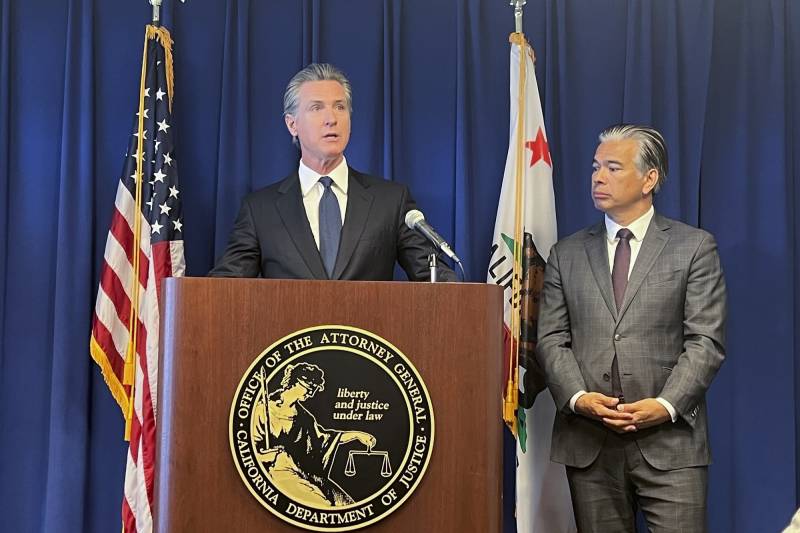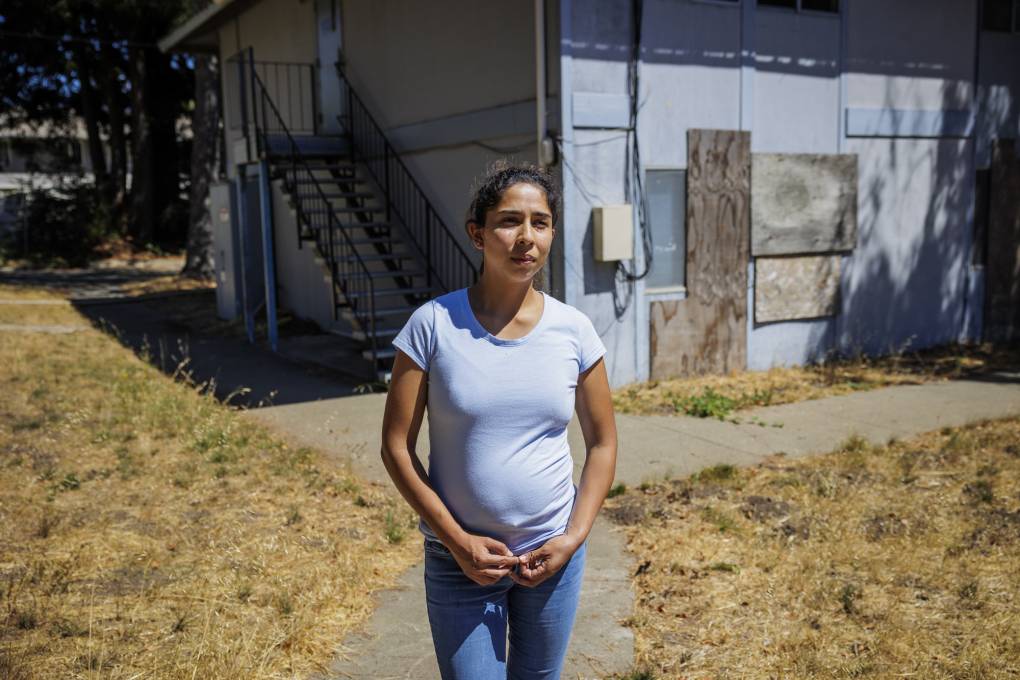Arambula’s bill incited lively discussion between Republicans and Democrats and was often the subject of race-baiting headlines. In late August, the California Senate Republican Caucus asked Newsom to veto the bill, saying, “legal California taxpayers are already struggling to purchase and maintain their homes.”
In Newsom’s veto message to the California State Assembly, he noted there is “finite funding available” for such programs, and expanding eligibility “must be carefully considered within the context of the annual state budget.”
“I’m deeply disappointed that Gov. Newsom today vetoed AB 1840,” Arambula said in a statement Friday. “The veto doesn’t change the fact that many people — including undocumented immigrants — dream of owning a home so that generational wealth can be passed to their children.”
What other housing questions do you have for KQED?
Housing is one of the most crucial — and contentious — issues in the Bay Area, and here at KQED, we have a whole team dedicated to exploring stories about housing affordability.
As part of our work, we also want to bring you explainers and guides about housing in the region, offering practical advice and insight for renters, homeowners and unhoused folks on a wide range of housing situations. We also want you to send us your story ideas and tips, share your personal experience with housing in the Bay Area or volunteer to be one of the KQED readers and listeners we consult about housing stories.
So tell us: What housing question should we answer next?
You can use the comment box below to submit your question about housing in the Bay Area or California more widely. Or, maybe there’s a housing program you want to be explained or investigated. Whatever’s on your mind, use the Google Form below to talk to us. The information you provide here will be shared with the folks who work on KQED’s housing coverage, and we may follow up with you directly through the contact details you provide. (We’ll never share your information outside of KQED without your permission.) We won’t be able to reply to everyone who submits a question, but what you tell us will make our reporting stronger on KQED.org, KQED Public Radio and our social media channels.


